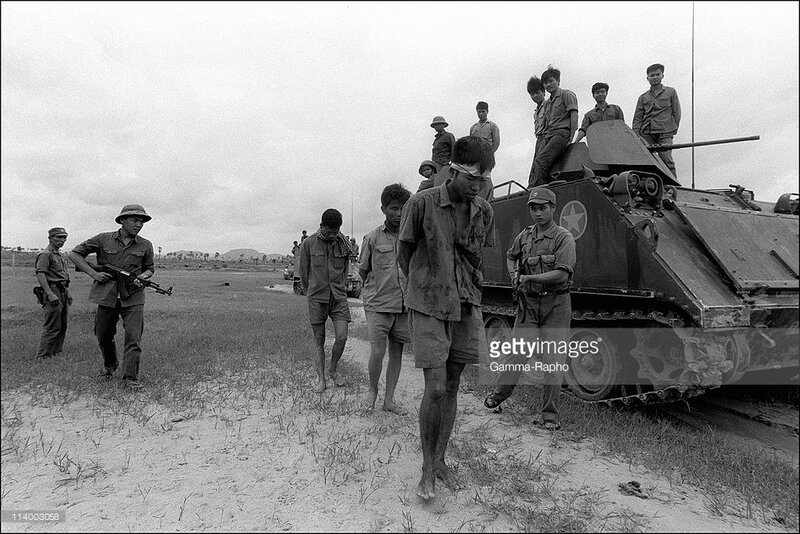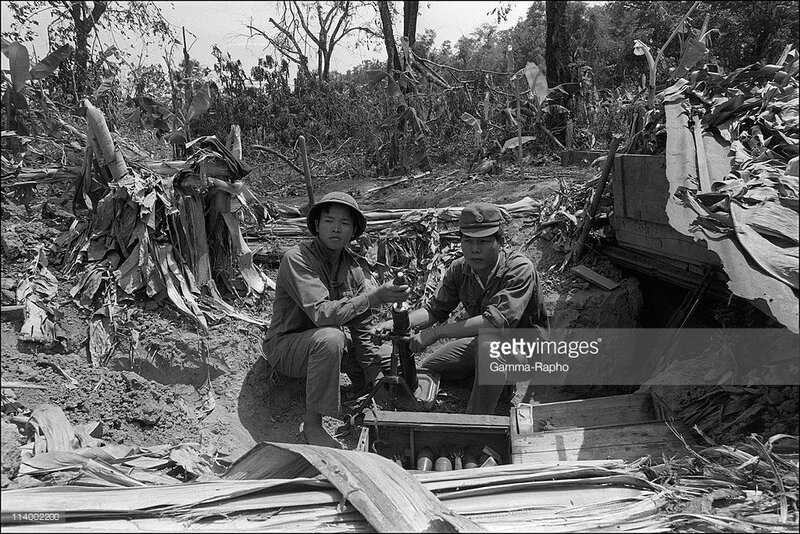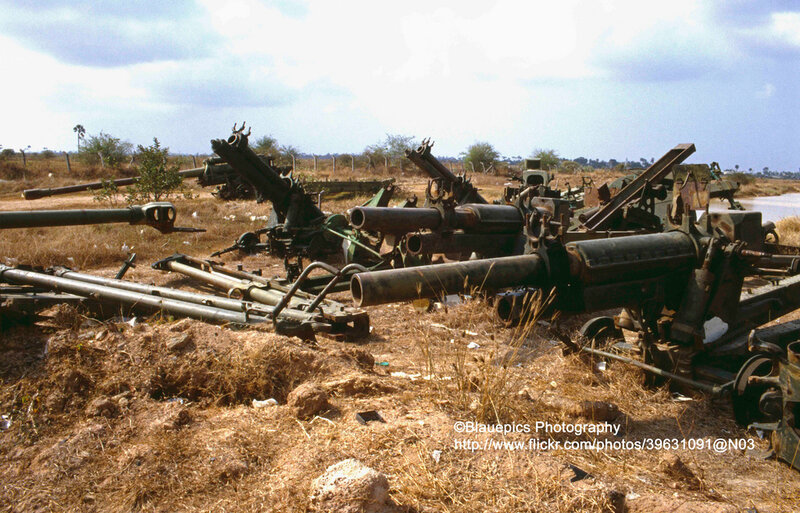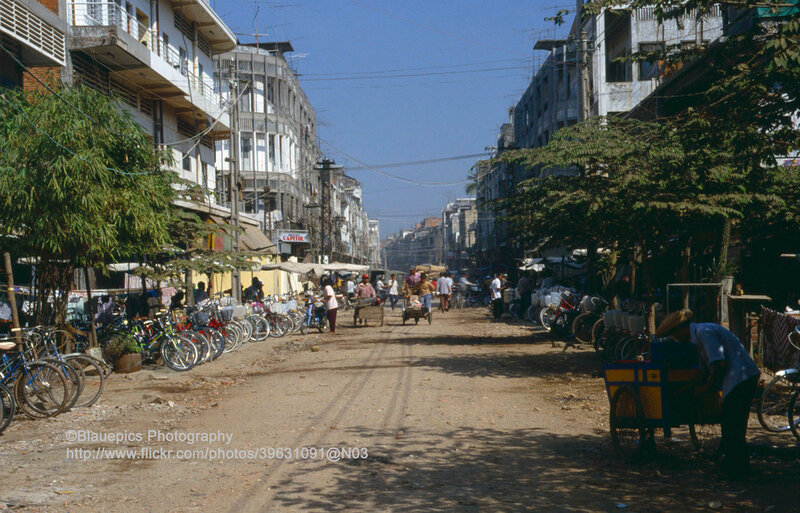Có một Grudia 'tội nghiệp'...
CM màu ở Grudia đã trải qua 2 đời chính phủ. Nếu như thời Saakashvilli bị cho là tham nhũng và tàn bạo (khủng bố đối thủ chính trị) thì chính phủ hiện thời cũng đạt được một số 'giá trị'.
Tuy nhiên, đó chẳng phải là sản phẩm 'xịn'. Ví dụ, GDP của Grudia có tăng trưởng, nhưng 'thu nhập quốc gia' lại tính cả các khoản viện trợ từ nước ngoài - thực tế là các khoản vay sau này phải trả.
Grudia nay như 'một khẩu súng đẹp nhưng không có đạn'. Nền sản xuất nghèo nàn, không tạo ra các sản phẩm đáp ứng 'tiêu chuẩn châu Âu' nhưng chẳng có ai hỗ trợ để phát triển.
Thế nên, lại phải tính tới phương án 'làm ăn với Nga'. Các nỗ lực ban đầu được thực hiện, nhưng nay lại chịu cảnh 'ruồi muỗi chết' do xung đột Nga- phương Tây.

In any war, be it military or economic, there are casualties. If your currency is pegged to the dollar at the present time you are kind of in luck. If not, even if you’re not “the enemy”, you are going to fall victim to the Law of Unintended Consequences.
When the present Georgian government took power in 2012 it promised to do away with the corrupt and brutal practices of the Mikheil Saakashvili era. One of these was blatant budget fixing and cooking the books. According to the figures, Georgia experienced significant GDP growth during some of this period. However, most of this income was not “product” as it is usually understood. It was overseas aid, mostly from the US and its allies, which had to be paid back but was expressed in the figures as earned income, which the country could do what it liked with. Much too were proceeds from various illicit activities. The money was laundered via Georgia under various innovative schemes.
Now Georgia’s public accounting practices are more transparent and like what you should expect in the West. That is why, if you go on official figures alone, Georgia has stagnated and even gone backwards since the overthrow of Saakashvili. As Paul McCartney said when he admitted drug abuse at the height of his fame, the truth is sometimes painful. But now it is also masking a deeper truth which its staunchest friends can no longer ignore.
Many people are going out of their way to say that the current problems in a country which has suffered more than enough are “nothing to do with Georgia’s economy failing”. They are right to say that, but wrong not to say why. What no one wants to say is that the real reason for its problems is that America’s friends are suffering because the US is conducting an economic war against Russia. They won’t say it because they know just how many people, in every corner of the globe, are now saying: with friends like the US, who needs enemies?
Fall guys with no further to fall
Georgia doesn’t have much of an economy of its own. It was left a significant industrial heritage by the Soviet Union, but first president Zviad Gamsakhurdia made the mistake of trying to use that to help the country.
Though virulently anti-Communist ideologically, he recognised that Georgia, like Bulgaria, was actually profiting from state capitalism. He wasn’t prepared to destroy the country for the sake of economic theory even though he was a great admirer of the Western free market. The West however wanted to collapse this industrial base for political reasons, and that is one of the reasons Gamsakhurdia wasn’t allowed to stay very long.
Since then the country’s priorities have been somewhat different. Governments who had no right to be there have sought to stay in power for ever and remove opposition. As the history of every civil war and change of regime shows, independent means produce independent thought. If the price of keeping the population under control is a failed state of mass unemployment and post-industrial deprivation than that is a price successive governments have been prepared to pay.
Consequently European Georgia has the worst kind of third world economy. It depends heavily on remittances from economic migrants to other countries. They are the very ones who can’t support their families any other way. A disturbing number of Georgian families consist of a father living and working for years on end in one foreign country, a mother doing the same in a different country and children shuttled around between aunts and grandparents, living largely if not entirely on the money the absent parents send home. How this constitutes “independence” is a matter for philological debate.
Given the long history of ties between the two nations, it is obvious that a great many of these economic exiles live in Russia. Consequently, any action which hurts the Russian economy hurts the Georgian people. It may not have a great effect on Georgia’s actual businesses, nor on its government. It is the ordinary people who suffer from such actions, and when they are committed by their friends rather than their enemies they have nowhere else to turn.
Of course, the West doesn’t see it this way. As it always considers itself morally superior, regardless of what it actually does, it assumes that everyone will just take the pain and carry on supporting it as before. After all, no one wants to go back to the Soviet Union.
Yet it is leaving the victims of its latest currency war nowhere to go but in the one direction they do not want. The fewer the other ways they can prosper, the more they will be forced to go back to Russia, and blame the US for creating this situation.
All guns blazing but no bullets
There is another thing the US and its apologists won’t say. It can’t stop this paper war with Russia because the US National Debt Clock has just ticked above 18 trillion dollars. No amount of massaging or quantitative easing is going to do any good now – the US has passed the point of no return economically.
So it has two options: it can watch itself slowly collapse under its own weight or use the one economic weapon it still has – political leverage. The US has bought itself plenty of compliant states over the years, and destroyed many of its opponents, through financial manipulations which contradict its free market principles and are linked with political agendas. The US economy is still doing something if it can bring governments down, and Russia, as the traditional enemy, would be the biggest head of all to have on the wall.
The rouble has now gone into freefall because US sanctions and speculations have determined that it should. Given the size and importance of Russia’s energy industry, this should not happen. Russia could easily use energy to hold the rest of the world to ransom, bankrupt its neighbours and force complete economic dependence. It was accused of doing that in Ukraine, though those accusations strangely vanished when Viktor Yanukovych voluntarily asked Russia for help after the gas crisis had been settled rather than automatically running to the EU alone.
The US is making every effort to do to Russia exactly what it always accuses Russia of doing to its neighbours. The end game is also the same – it seeks to remove the Russian government through Ukraine-style protests and install a more compliant one. As in Iran in the 1950s, this will result in it gaining control of these strategic energy interests, which are now run by monopolies controlled by the Russian state. This will give the US a chance of restoring its economic fortunes, despite how much it has mismanaged its own vast resources up till now.
The price of long memories
The Georgian lari is now at its lowest rate against the dollar in a decade and panic has recently hit the population of massive swings in exchange rates. That is, since the lari was introduced after the failure of the Shevardnadze-era currency, coupon, which had the credibility of the Zimbabwean dollar.
The Armenian dram is at its lowest level against the dollar since 2006. That is probably less of a concern to the West, given the effective blockade against Armenia itself over Karabakh, but demonstrates that the more your economy is tied in with that of Russia, Armenia’s only economic supporter, the more you are suffering as a result of the latest US actions.
Kazakhstan was forced to devalue the tenge earlier this year when the rouble first started falling. Kazakhstan is no longer a poor country, having handled its energy resources well and taken over pipelines and ports with Western assistance. Indeed, Kazakhstan is an example of what the US would like to see everywhere – make a country rich enough with bribery disguised as assistance and the people will turn a blind eye to any and all abuses. But still the attack on Russia has hurt its own economy with the US being unable to make up any shortfall.
The obvious answer, for all these countries, would be to reduce their ties with Russia and draw further towards the West. Georgia has been begging to do just this since before it invented the lari. It has repeatedly sought to join the EU and NATO but progress has been painfully slow. If Georgians had visa-free travel and right to work in the EU a lot of Georgians now in Russia would be working there and sending Western currency home, but these things are being denied by the West, not Russia or Georgia itself.
Georgia has also only recently regained the Russian market, closed off by an effective embargo over food safety and political concerns. Now the more it is attacking it through Russia, the more dependent it is making it on the relief it is still getting from the renewed economic relationship with Russia. Georgia only wanted this market back as a member of the WTO, despite political distaste for it, because the West did not replace it. Given the choice, it would be as independent of Russia as possible, but the West doesn’t really want to help it achieve that.
But haven’t we heard this somewhere before?
All kinds of goodies
Last year the West offered Viktor Yanukovych, the man it displaced once, all kinds of goodies to help Ukraine. These were not enough, however, to replace what it would lose from Russia, and other sources, if it accepted this assistance and this assistance alone.
Several countries have found themselves in similar positions – for example, when a country joins the EU this affects all its existing trade relations, and therefore the accession agreement has to compensate both the acceding country and its existing partners for any losses. So the West knows what it has to offer, in any given case. It got the offer wrong in Ukraine, so Yanukovych asked Russia to help his country too. We all know what happened as a result.
It appears the US and EU can no longer offer their friends the rewards they used to. Small countries are shopping around for the best deals, and are prepared to cede some influence to their partners in exchange for economic benefits, as all countries have always been obliged to do. So the West is acting like a jealous lover. If it can’t have these countries for itself, no one can.
No longer able to bribe and persuade, the West is engaging in economic terrorism against both Russia and its own friends in order to force them into unconditional obedience to the West. The trouble is, in order to protect themselves, these very same countries, will have to do the opposite of what the West wants, as the West is not offering a practical economic alternative. The West has brought this upon itself by not opening its doors before for economic reasons. Now it needs to do so to save itself, it is too late.
Germans and those who designed the Marshall Plan know what happened when the National currency collapsed in 1923. People lost faith in all state institutions, and this led to Hitler. After all America’s bragging about its belated role in World War Two, how many Hitlers does the US now want? Perhaps we need another Bretton Wood meeting to deal with the externalities of US foreign policy. It is apparent that the US and its economic allies are playing havoc with not only their own economies but the International Monetary System as a whole.












































































